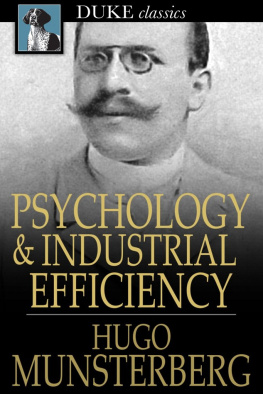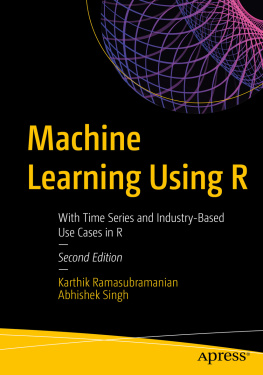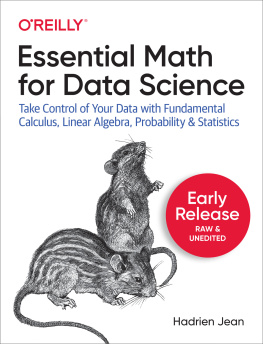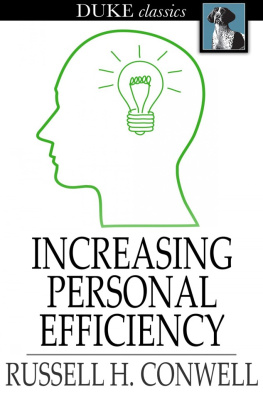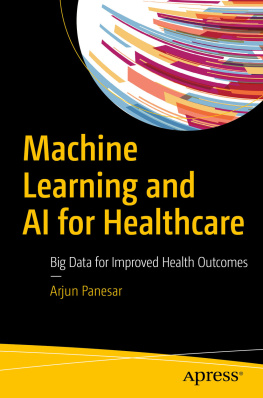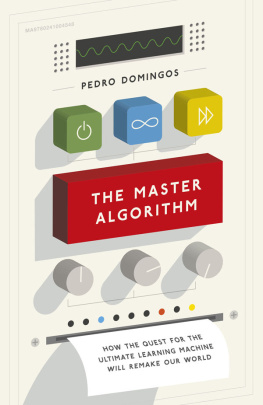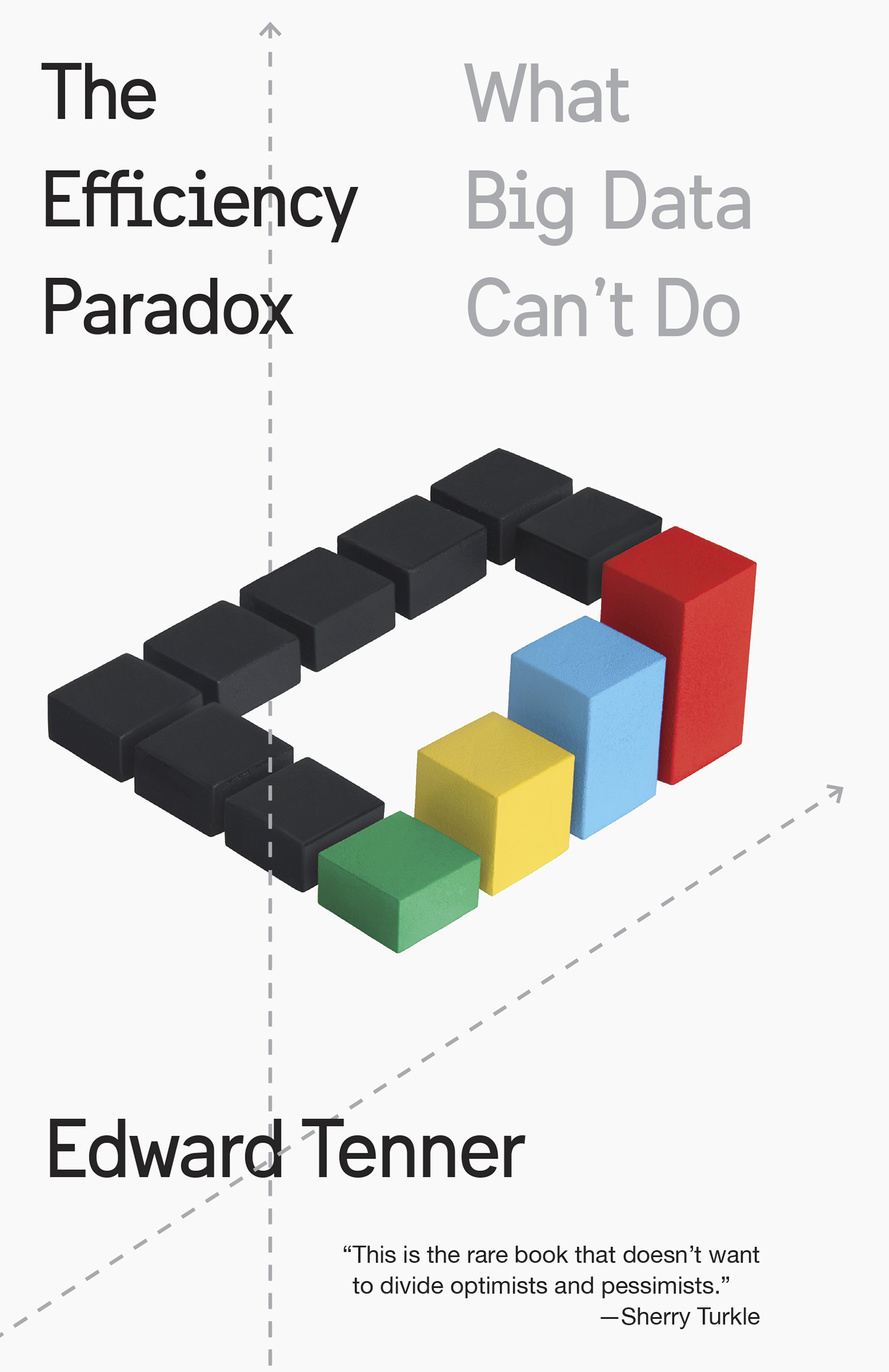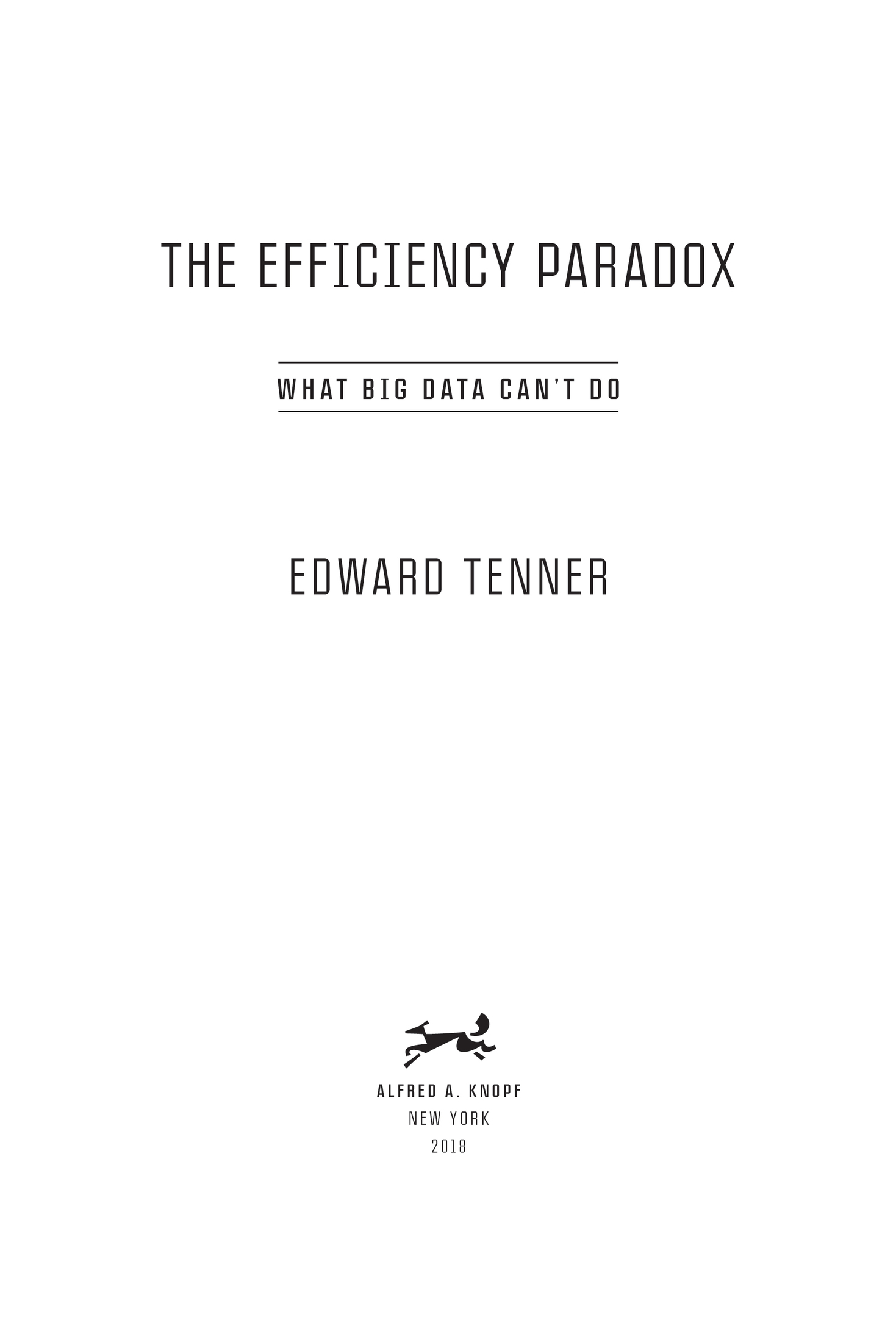All rights reserved. Published in the United States by Alfred A. Knopf, a division of Penguin Random House LLC, New York, and distributed in Canada by Random House of Canada, a division of Penguin Random House Canada Limited, Toronto.
Knopf, Borzoi Books, and the colophon are registered trademarks of Penguin Random House LLC.
Names: Tenner, Edward, author.
Title: The efficiency paradox : what big data cant do / Edward Tenner.
Description: First Edition. | New York : Knopf, 2018.
Identifiers: LCCN 2017032040 | ISBN 9781400041398 (hardcover) | ISBN 9780525520306 (ebook)
Subjects: LCSH : Industrial efficiency. | Serendipity. | Artificial intelligence. | Big data. | BISAC : BUSINESS & ECONOMICS / Knowledge Capital. | SOCIAL SCIENCE / Media Studies. | SELF-HELP / History of Technology.
Classification: LCC T58.8.T45 2018 | DDC 658.5/15 dc23 LC record available at https://lccn.loc.gov/2017032040
CONTENTS
THE SEVEN DEADLY SINS OF EFFICIENCY
WHY IT IS STILL A WORK IN PROGRESS
FROM MILL TO PLATFORM
HOW THE NINETEENTH CENTURY REDEFINED EFFICIENCY AND THE TWENTY-FIRST HAS TRANSFORMED IT
THE FAILED PROMISE OF THE INFORMATION EXPLOSION
HOW THE QUEST TO MEASURE ELITE SCIENCE EMPOWERED POPULIST CULTURE
THE MIRAGE OF THE TEACHING MACHINE
WHY LEARNING IS STILL A SLOG AFTER FIFTY YEARS OF MOORES LAW
MOVING TARGETS
WHAT GEOGRAPHIC INFORMATION CANT DO
THE MANAGED BODY
WHY WE ARE STILL WAITING FOR ROBODOC
INSPIRED INEFFICIENCY
HOW TO BALANCE ALGORITHM AND INTUITION
PREFACE
THE SEVEN DEADLY SINS OF EFFICIENCY
WHY IT IS STILL A WORK IN PROGRESS
This book is a critique of something self-evidently desirable, even wonderful, until it isnt: efficiency. And its also about an apparent oxymoron that seems absurd until we realize that its also been essential: inspired inefficiency. Efficiency is mostly good but, like all good things, can be carried too far; even an excess of water can be lethal.
More than twenty years ago at the dawn of the web as we know it, when I wrote my first book on the unintended consequences of technology, Why Things Bite Back, published in 1996, the idea of efficiency itself as a threat hardly occurred to me. In fact, far from allying with the critics who called themselves neo-Luddites (a term now shared by their friends and foes), I was an early adopter and enthusiast. As a science book editor recruiting authors globally and affiliated with a university offering email, I had already been using it to correspond and set up appointments. As a researcher already using electronic databases, I found the new web browser and graphic interface a welcome improvement. As a writer always tinkering with my text, I had embraced word processing since the days of the TRS-80 in the early Reagan era. Remembering the tedium of retyping and the mess of carbon paper, I felt (and feel) no nostalgia for my own typewriting, though I do find that the typewritten letter has a distinctive graphic personality through the bite of letters in the paper and the varying impressions created by carbon ribbons from saturated to faint.
I saw and wrote about the downside of new technology, the chronic back pain and carpal tunnel ailments resulting from the ever more sedentary office, and the comical fate of the paperless office. But I shared in much of the technological optimism of the later 1990s. The web at first appeared a godsend for newspapers and magazines. Whether or not electronic publication ever replaced print, their publishers reasoned, they held a priceless franchise in high-quality content that attracted an affluent readership coveted by advertisers. Technology itself was a profitable advertising focus into the early twenty-first century. I occasionally find the thick Circuits section of The New York Times among my clippings, well sponsored by hardware and software publishers and electronics retailers. The efficiency of the electronic newsroom helped make all this possible.
It seemed that society could have its cake and eat it, too. Amazon appeared, but it could coexist with still profitable chains of giant bookstores. It was hard to imagine that Amazon threatened Borders and Barnes & Noble, as these had decimated independent bookstores in the 1980s with crushing scale and an earlier generation of technology. The rise of robotics did not seem to threaten employment levels. Old-line business magazines shared still thriving newsstands with technology-oriented newcomers like Wired and The Industry Standard. Technological utopian authors spread the gospel of individual empowerment while corporate elites made more money than ever. If the 1960s were the go-go years, the 1990s were the win-win decade thanks to the efficiency of the web.
Beginning around 2005, the new hyperefficient world entered a different phase. With the introduction of the Apple iPhone in 2007, made possible by the rapid evolution of computer processing speed, electronic devices were gradually ceasing to be tools that people used and put away and becoming extensions of their selves and their personal and professional networks. At the same time, the exceptionally efficient search engine Google and the social networking site Facebook, together with Amazon, were transforming online commerce by adding a new level to the Internet, the platform, between the corporate website and the open web.
Since 2008, the dream of utopia through ever-increasing electronic efficiency has been dimmed. The recession that began that year had many origins, but was due in part to the technical ease with which bankers and securities industry professionals were able to manage risk. Meanwhile, the rate of increase of the number of transistors that can fit on a computer chip has been slowing down. It used to double every eighteen months or so, a rhythm described since 1965 as Moores Law (after Gordon Moore, a founder of the dominant chip manufacturer Intel), but since 2005 has been stretched to two to three years. Further, the success of new platforms in attracting advertisers and marketers has come at the expense of the revenue of newspapers and magazines. (The all-time peak in advertising revenues did not occur until ten years after the advent of the web, in 2005, when it was $47.4 billion in print and $2 billion in digital; in 2014 these numbers were $16.4 billion and $3.5 billion, respectively.)
There were, of course, many winners as well as losers in the new hyperefficient web, in which computer techniquesalgorithmswere supplanting intuitive judgment. And there were benefits to web-savvy consumers from increased price competition. But for many economists, the hope was dimming that the benefits of more efficient production and distribution would lift the publics standard of living. Two noted economists, Tyler Cowen in


